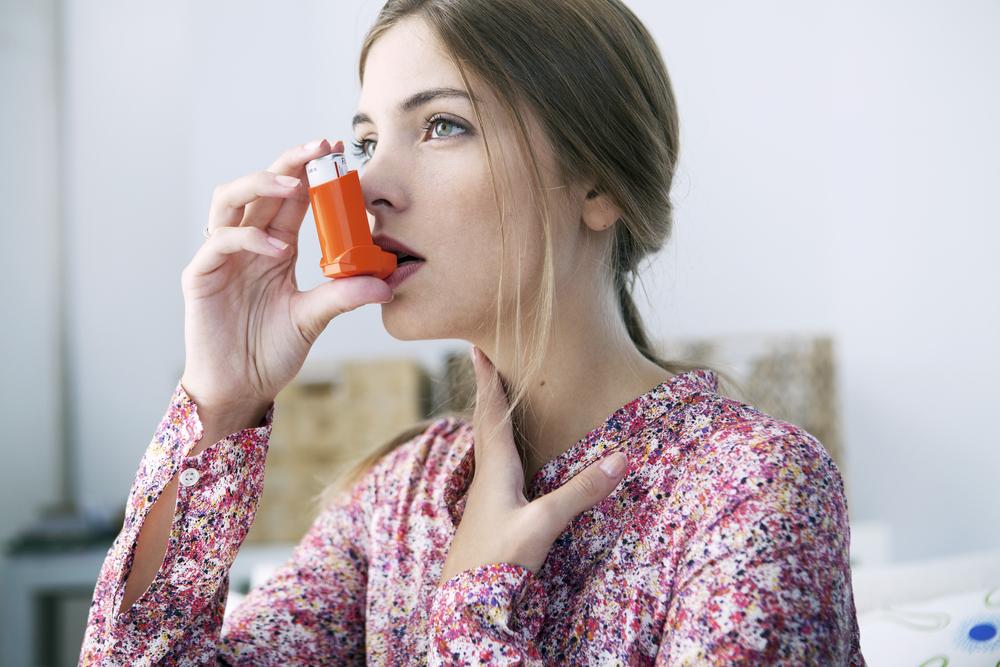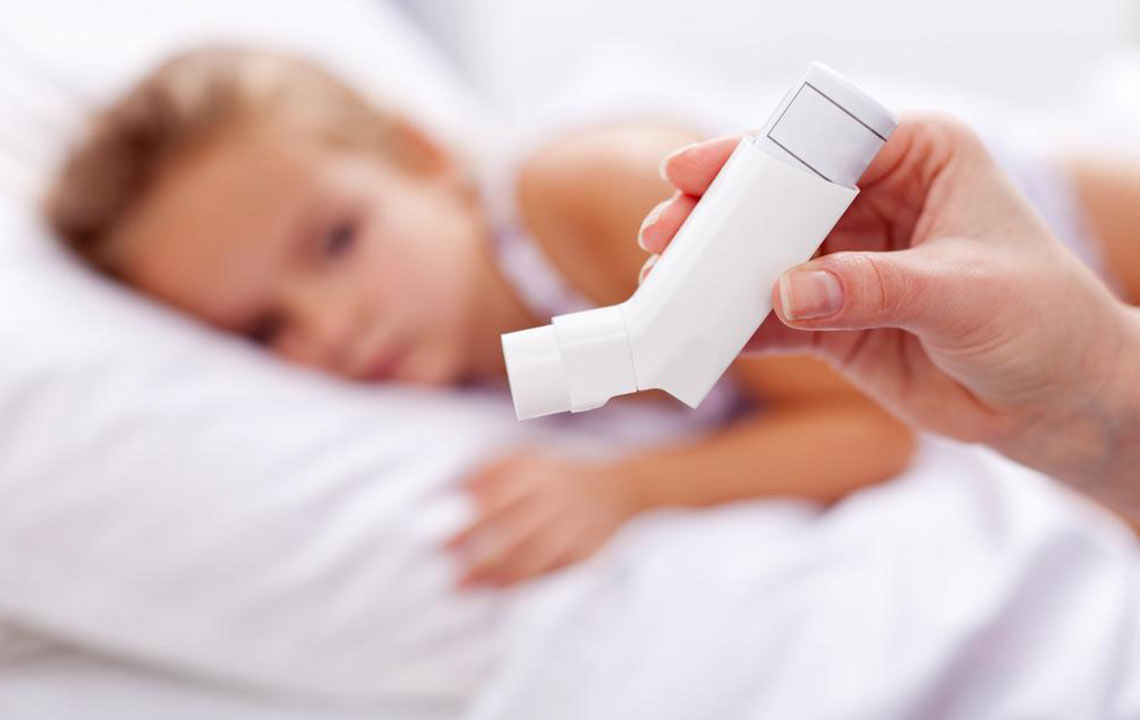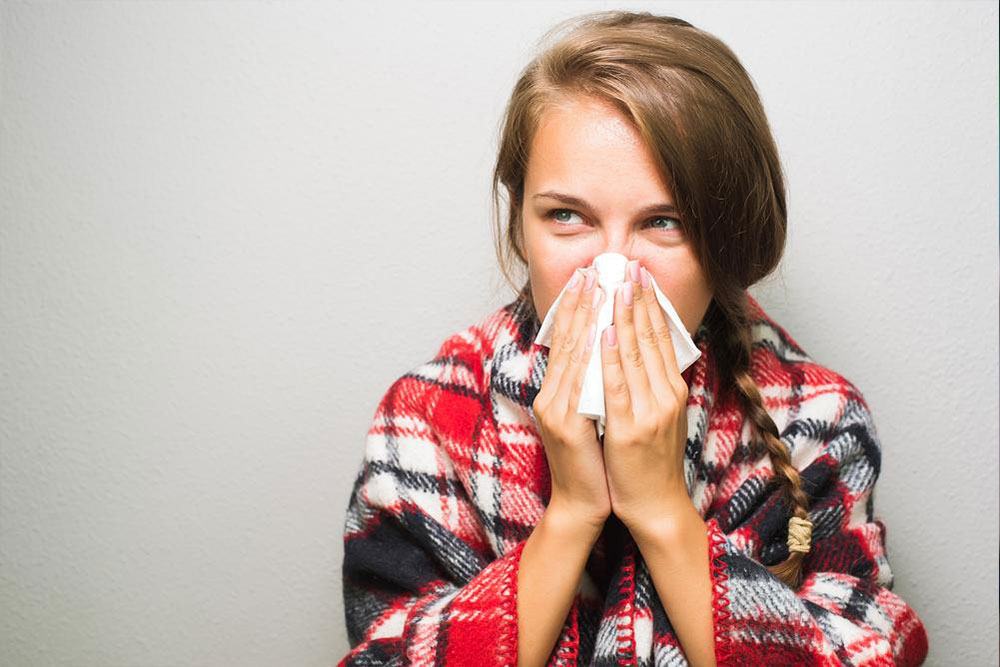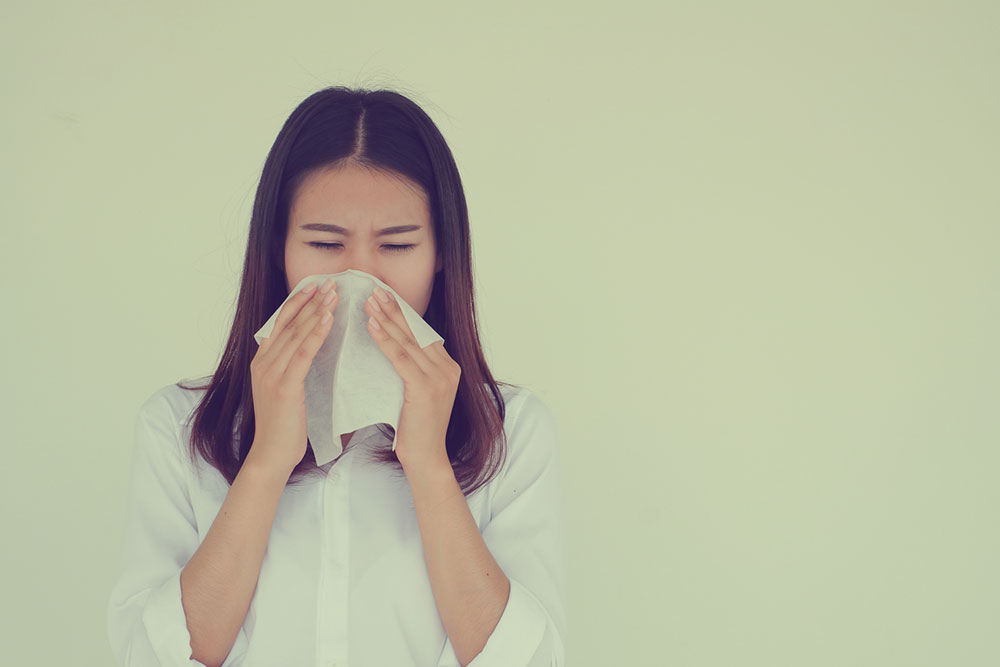Comprehensive Guide to Allergic Asthma: Causes, Symptoms, and Treatments
This guide offers a clear overview of allergic asthma, covering its causes, symptoms, and treatment strategies. Learn how allergies like pollen, dust, and pet dander trigger asthma attacks and discover effective management options such as medication, immunotherapy, and preventive measures. Recognizing early symptoms and seeking prompt medical advice can help control this condition and improve quality of life. Essential for individuals suffering from allergy-related breathing issues, this article emphasizes awareness and proactive care to manage allergic asthma effectively.

Comprehensive Guide to Allergic Asthma: Causes, Symptoms, and Treatments
Many individuals suffer from asthma triggered by allergies, especially seasonal ones. When the immune system encounters foreign particles like pollen, dust mites, or pet dander, it reacts with symptoms such as sneezing or coughing. This response causes inflammation in the bronchial tubes, leading to breathing difficulties. This article explores the primary causes, common symptoms, and effective treatments for allergic asthma.
Causes of Allergic Asthma
Exposure to tobacco smoke can induce allergic asthma by irritating the airways.
Strong scents from perfumes or scented products can trigger asthma episodes.
Pollen from flowers during seasons often prompts allergic reactions.
Feces from cockroaches and dust mites can exacerbate asthma symptoms.
Chemical odors with pungent smells may worsen allergy-related attacks.
Recognizing Symptoms
Allergic asthma primarily affects the respiratory system, making breathing difficult and causing throat constriction. Symptoms may include:
Itchy or watery eyes
Skin rashes
Sore or scratchy throat
Shortness of breath
Intense coughing, especially at night
These signs can differ among individuals. Common triggers include pollen, pet dander, and dust; exposure often leads to a runny nose or watery eyes. Fever can increase the risk of an asthma attack, characterized by wheezing and persistent coughing, often worse in the evening. Breathing difficulties relate to airway thickening caused by foreign particles.
Treatment Options
Montelukast offers effective relief and strengthens immune defenses, prescribed by doctors.
Immunotherapy aims to reduce symptom severity by targeting allergy-causing chemicals, often via injections.
Allergen immunization helps build tolerance, similar to vaccination methods.
Preventive steps include avoiding pollen, maintaining a clean environment, and reducing dust at home.
Nasal sprays can alleviate congestion and breathing issues.
Saline rinses help clear nasal passages, improving airflow.
Early medical consultation is vital when symptoms arise to ensure prompt, effective treatment and symptom relief.










